
Latin American & Caribbean Remittances, 2015
The Continued Growth of Family Remittances to Latin America and the Caribbean in 2015
The Continued Growth of Family Remittances to Latin America and the Caribbean in 2015
Think-tank Inter-American Dialogue recently held a closed-door event which brought together Colombia’s new mines and energy minister, Tomás González, with CEOs, industry association heads and regulators.
In the first of a two-part series, Inter-American Dialogue’s energy, climate change and extractive industries program director Lisa Viscidi talks to BNamericas about how the Colombian government is looking to increase oil reserves and maintain competitiveness as Mexico opens its hydrocarbons market.
Following Santos lead, the Michel Temer government would first have to test whether Brazil’s legislative leaders are willing to conduct serious negotiations, and prepared to make concessions that could be effective in curbing the country’s pervasive corruption—or at least offer a better solution than the current case-by-case approach of criminal investigations and trials.
The collapse in global oil prices has led to a steep decline in investment in Colombia’s hydrocarbons sector and reduced the value of its oil exports, depleting a key source of government revenue.
Colombia is lacking a national consensus for peace. Washington can help.
As Latin American countries reassess their energy policies in light of lower oil prices, there is an opportunity to apply lessons learned from the US experience to enact regulations that mitigate environmental risks, strengthen public support, and attract investment.
Peace in Colombia promises to bring many environmental benefits to the country, but also poses environmental risks .
A discussion of the peace process in Colombia and its implications for labor policy
The tentative, but historic, peace deal between the government and the FARC may not be popular. But it still might work.
The pendulum of Latin American politics is swinging rightward once again. Yet as the “pink tide” recedes, the forces of change have more to do with socioeconomics than ideology. Dramatic economic and political crises have coincided in countries like Brazil and Venezuela. Still, the final result for Latin America may be the emergence of centrist, pragmatic modes of governance, and with them, opportunities for the U.S. to improve relations. The new administration must look beyond the neoliberal model of the 1990s, and develop an approach to relations fit for the 21st century.
How much of a role will the international community play in helping to establish and maintain peace in Colombia?
The hydrocarbons sector is at a turning point. Low prices and uncertain projections, competition for market share, geopolitical dynamics, growing environmental and social concerns, and questions about the future of fossil fuel and renewable energy sources necessitate analysis and discussion about the present and future of the industry and the challenges…
What is the best way to deal with drugs? Criminalizing drug users or treating them as patients?
La encuesta del GDA a líderes de opinión muestra que el 2015 marcó una nueva etapa para el continente americano e ilustra los temas que serán centrales en el año que comienza. Fue un año de avances en la resolución de conflictos históricos y de cambio político en muchos países.
A keynote conversation with His Excellency Juan Manuel Santos, President of the Republic of Colombia
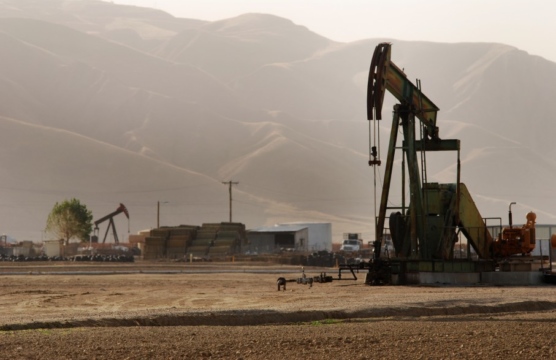
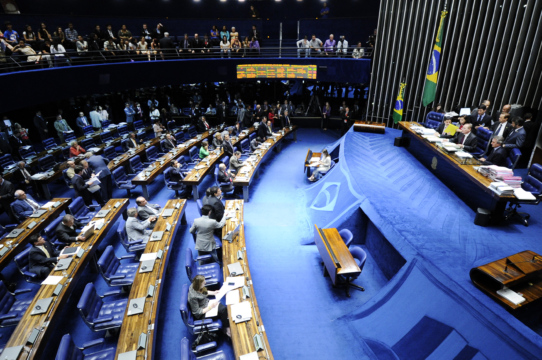

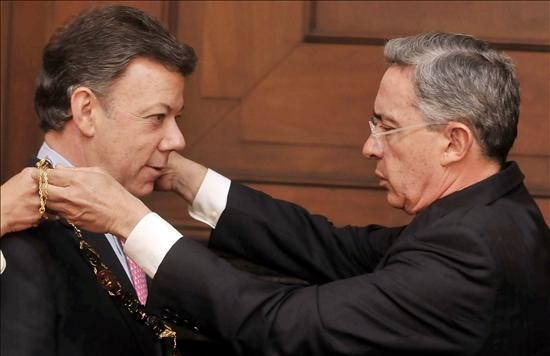
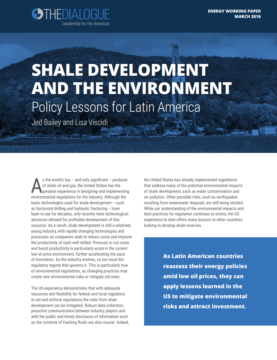

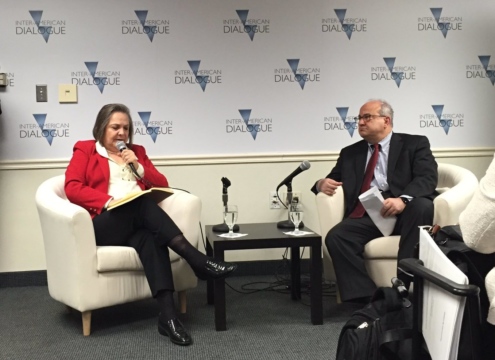 Video
Video



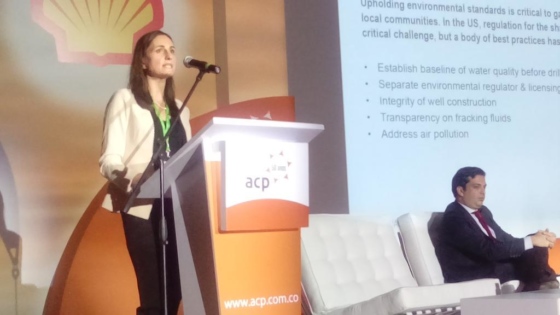
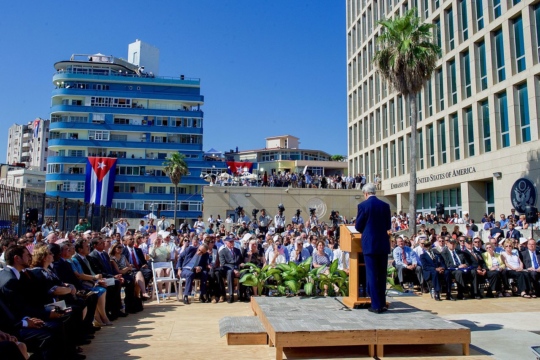
 Video
Video